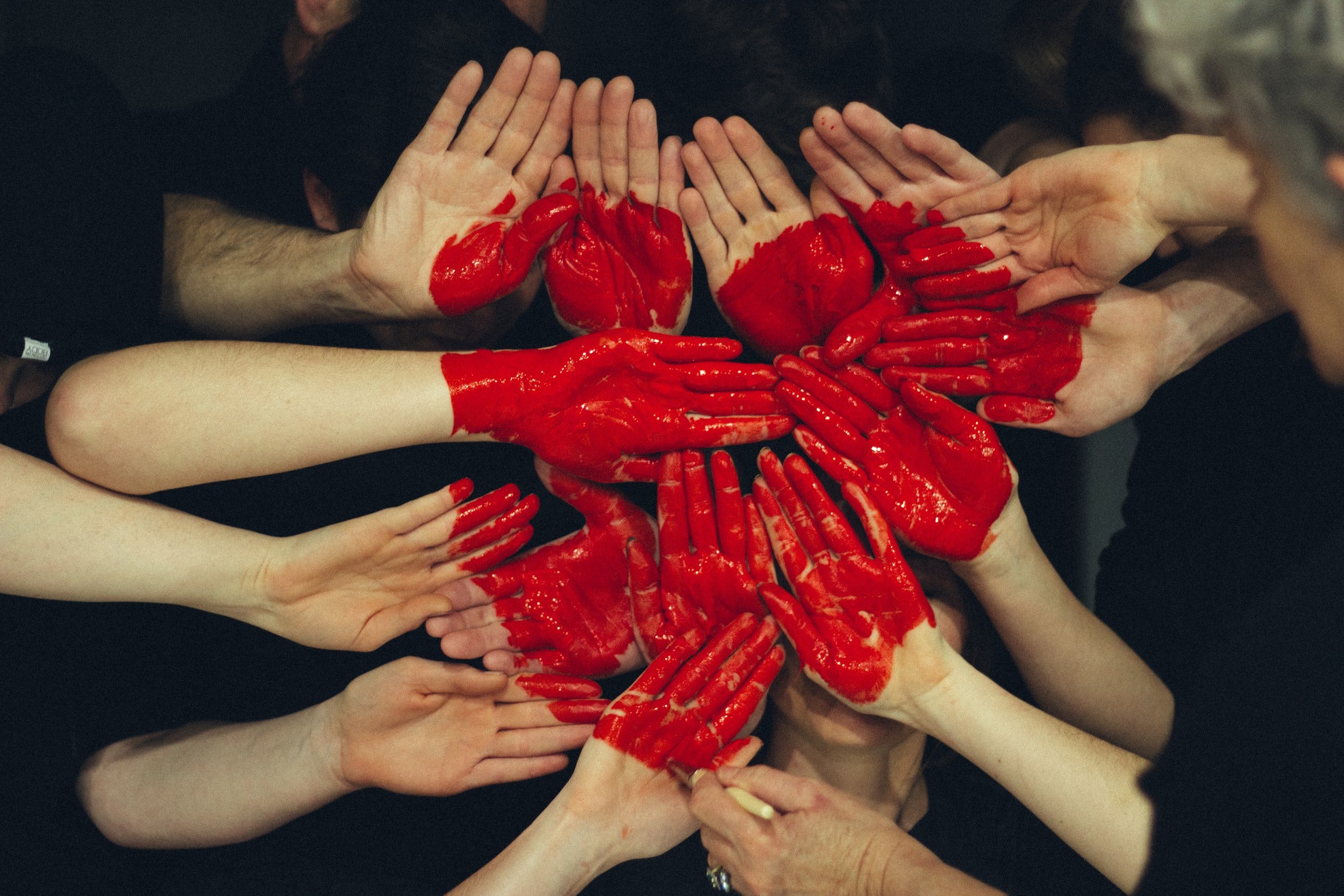People-Pleasing (1): Why do we People-Please?
People-pleasing is a term you may have heard of in different lights. It might not sound bad at all, because, what’s the problem with trying to make other people happy. Nothing right? However, people-pleasing usually comes at the expense of our own wants or needs. It involves changing or adjusting our words and actions for the sake of another individuals' feelings or reactions. By doing this, we are putting other people's wants, needs, and happiness, ahead of our own. One may not even notice that they are a people-pleaser in the bad sense, as it is a very subtle response to diffusing conflict that had to have been developed at an early age.
What is People Pleasing?
Another word for people-pleasing is called “fawning,” in a way it is like a fight or flight response. You face a situation that makes your ancestral and internal system question: fight, flight, freeze, or fawn. Each has their own appropriate place in a situation. Fawn types seek safety by sacrificing their own wishes and needs for that of others because they convinced themselves that the “price of admission” for this relationship is just that. This is difficult to see in someone else sometimes, as it just appears as part of their personality – they are a people-pleaser. Some ways to identify if you or someone around you might be a people-pleaser is if you have some of the following traits:
1. You struggle to feel “seen” by other
2. You don’t know how to say “no,” you fear rejection
3. Your emotions are coming out uncontrollably and/or you are unloading on strangers
4. You feel guilty when you are angry with others
5. You feel responsible for other people’s reactions
6. You find that you are compromising your values
7. You may disconnect from others in social situations
This type of people-pleasing action appears when someone does not feel safe to disagree or voice their true thoughts with others.
Why do we People-Please?
1) Avoiding Rejection - We want to feel accepted
People-pleasers tend to spend a lot of time worrying about rejection, so therefore curating your actions to keep people happy with you so that they won’t reject you – the “safer” option. There is no direct cause to people-pleasing characteristics, instead they come from a blend of factors.
One of the largest and most prominent factors is that of past trauma that someone might have experienced. People-pleasing can sometimes appear as a response to fear associated with their traumas. At one point you may have not felt safe keeping up your certain boundaries, so you inherently learned that it is safer to take care of others needs before your own – making yourself more likeable in your mind. A lot of this can come from your relationship with your parents, people-pleasers start off as parent-pleasers.
This may be because of the lack of a strong emotional parental relationship, previous abuse – either from a partner or caregiver, or some other form of trauma someone may have experienced that taught them the best way to avoid conflict is putting someone else's eggs in your basket as it were.
2) Unmet Emotional Needs from Attachment Trauma
If you had an inconsistent, emotionally unavailable parent or caregiver who could not or would not give you the compassion and understanding that you needed as a child, you may have learned that the only way to get affection and maintain that connection was to parent-please.
Another way is through a traumatic event, for example, an abusive relationship, that happened, and then you learned to please as a form of avoiding further abuse and trauma, such as physical, sexual, or verbal abuse. This form of attachment trauma or PTSD can happen at any age.
This people-pleasing response is driven by fear and a desire for validation, and there is no intent to manipulate the other party by doing what they want. It is merely a survival instinct – avoiding conflict yes, but at the cost of our own boundaries. In a sense, if you keep the other person appeased, then they won’t become abusive again.
3) Being stuck in false core beliefs
We get stuck in false beliefs, such as: “It is my fault, or I am not good enough, or I am a burden, or I am undeserving.” As such, people-pleasers have taught themselves that the other person’s love needs to be earned in order to be true and feel secure, leading to them being in abusive relationships again.
However, you would realize that this will come at the cost of your own instincts, values, and beliefs which can poorly affect your mental health as you might feel that your needs are not as important as others. This can lead to decreased self-esteem and self-worth, feelings like you’re a “pushover” or easily manipulated can appear as well. You are not alone in this because there are lots of individuals out there who have created the same people-pleasing tendencies. And while each person is not the same, finding someone to talk to with expertise in this situation and yet who treats you as an individual is extremely important.
Do you think you are one or are you curious to learn more about your potential people-pleasing tendencies? Here at Resting Tree we want to help you overcome these past traumas that lead to the characteristics and to explore your mind further. Do take time to consider how therapy may be able to help you. When you are ready to take that first step, we are here for you. Contact us at info@restingtree.ca or book your free consultation today.


